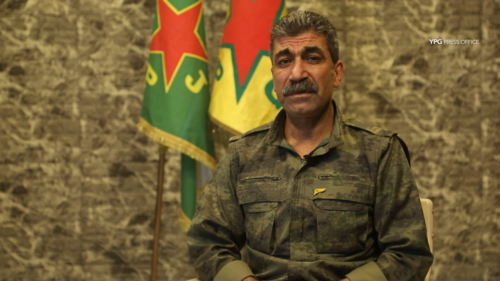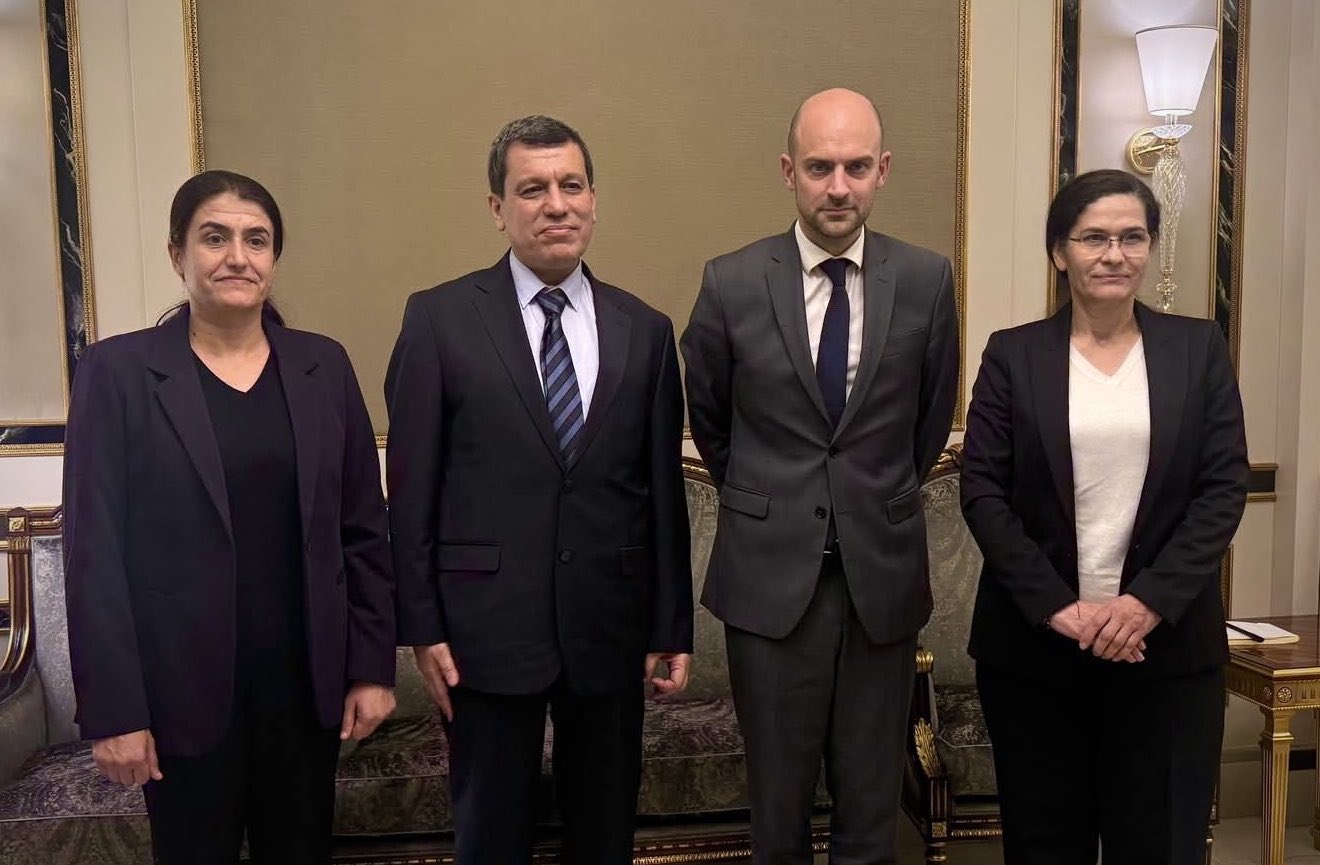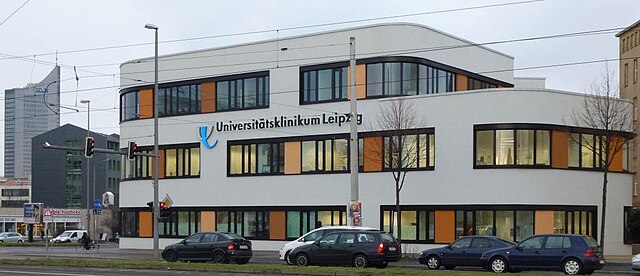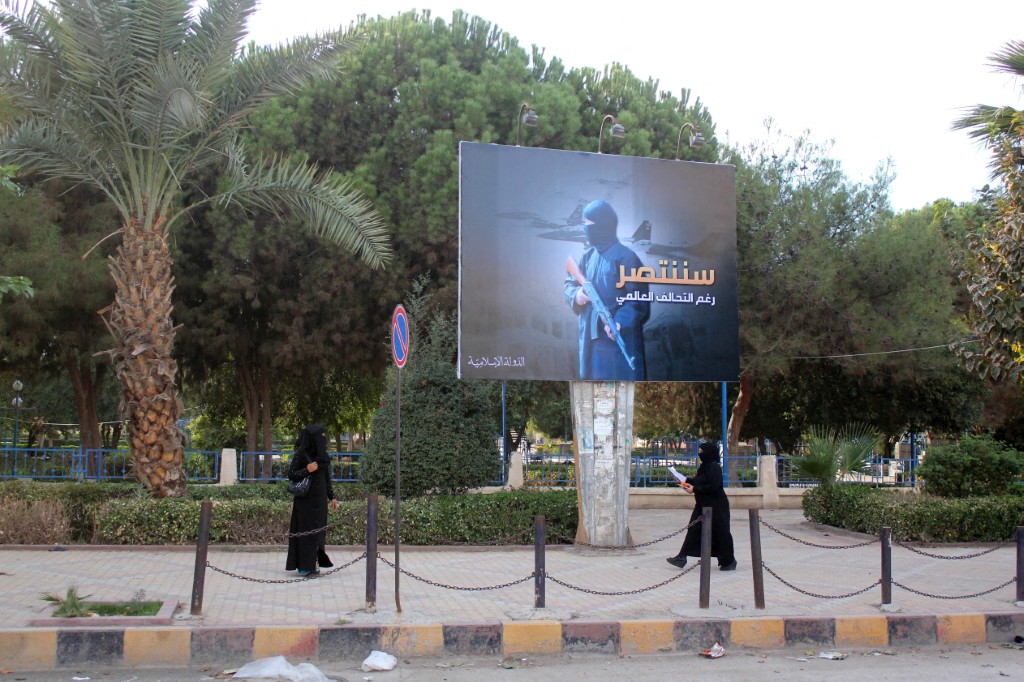The Amargi Exclusive: SDF’s Sipan Hemo Says U.S.-Backed SDF–Damascus Talks Ongoing but Real Unity Still Out of Reach
Qamishli, Northeastern Syria
In an exclusive interview with The Amargi, prominent Kurdish commander Sipan Hemo, member of the General Command of the Syrian Democratic Forces (SDF) and member of the military committee negotiating with the Damascus government, confirmed that talks between the SDF and Damascus have been ongoing since the 10th of March. These negotiations, he said, followed the agreement between Syrian interim president Ahmed al-Sharaa and SDF General Mazloum Abdi, and are being held under U.S. sponsorship and with U.S. guarantees. Hemo noted that the process is part of a broader American plan that is closely monitored by Washington, who continues to pressure both sides to come to a comprehensive and lasting agreement.
Hemo revealed that Damascus recently proposed integrating the SDF as a bloc within the Syrian army, requesting a database of SDF commanders: “Such a request is not possible at this stage,” he said, “since the SDF and the Syrian army are two distinct and rival forces.” He emphasized that providing such data can only happen after the two sides are unified – when the SDF becomes the nucleus of a unified Syrian army, at which point such data could be shared with the Syrian Ministry of Defense.
“We have made it clear to the Syrian side that this is the only recognized structure we have, and we will not share any other data unless a genuine step is taken toward making the SDF the foundation of the Syrian army.”
He added that only preliminary steps related to official councils have been presented so far, explaining that the proposed SDF structure, if integrated, would form an independent corps comprising special divisions and brigades. “We have provided the names of about 50 well-known commanders who are involved in the negotiations and form the main military leadership of the SDF,” Hemo said.
“We have made it clear to the Syrian side,” he continued, “that this is the only recognized structure we have, and we will not share any other data unless a genuine step is taken toward making the SDF the foundation of the Syrian army.” He stressed that none of the agreed points have yet been implemented, despite ongoing efforts – rejecting claims that the SDF is stalling. “The March 10 understanding was not a final agreement,” he said, “but rather a framework aimed at achieving a joint national project.”
Hemo further confirmed that the understanding included a clause which guarantees the Autonomous Administration’s participation in building a new Syria, but the Syrian Interim Government’s actions since have contradicted that entirely: “They drafted a constitution without any inclusion, formed a transitional government and a fake parliament, and even decisions are made without any real representation of the Autonomous Administration or the SDF,” he said.
“With whom are we supposed to agree? With a side that does not believe in pluralism, that excludes others, and accuses anyone who disagrees with them of atheism?”
He stated that the conduct on the ground proves the absence of any genuine national project by those sides: “They launched attacks on Syria’s coast, committed massacres against civilians, and in Suwayda as well,” he said. “Even after the agreement, they besieged and strangled the Sheikh Maqsoud neighborhood in Aleppo, and the blockade continues.”
Hemo asked rhetorically: “With whom are we supposed to agree? With a side that does not believe in pluralism, that excludes others, and accuses anyone who disagrees with them of atheism?” He reaffirmed that the SDF’s project is based on pluralism and participation, envisioning a parliamentary, pluralistic, and participatory system in Damascus that guarantees the involvement of all Syrians. However, he added that the conditions for a genuine understanding with Damascus are still not met, stressing that the SDF still needs to exist as a defensive force for the foreseeable future.
Referencing recent events – when Kurdish neighborhoods in Aleppo were sieged and Kurdish civilians were kidnapped – Hemo warned, “We are preparing for war if necessary, because the Interim Government continues to block roads and carry out abductions.” Hemo explained that all routes leading to areas under Damascus control are closed by the Interim Government, forcing the SDF to take security measures to protect its people. “These measures are essential until a genuine national reconciliation environment is established,” he said.
Hemo expressed hope that the coming year would mark the beginning of a Syrian–Syrian understanding – meaning the SDF and the Damascus government – though he admitted this goal remains distant, “The current situation is leading to a dead end, and there are growing signs of a possible war.”
“Any mistake by the Syrian government would be disastrous for all Syrians,” Hemo warned. “A year has passed as we waited for this government to embrace its people, to unite all Syrians, and to form a real parliament – but what we see on the ground is the opposite.”
He noted that armed groups still dominate large areas of the country and that there is widespread chaos in terms of security: “It is not true that only Northeastern Syria is outside of Damascus’ control,” he said. “The government’s control is incomplete across the entire country. The so-called Syrian National Army controls Aleppo and its countryside, while other groups dominate Damascus, Ghouta, Harasta, and Douma – and we are watching the situation in northern Syria and the coast closely.”
Hemo concluded that the problem is nationwide, not confined to the northeast. “The SDF seeks to unite all Syrians if the government is willing,” he said, adding that the SDF’s presence in Damascus would reassure all Syrians.
In closing, the Kurdish commander reaffirmed that the SDF’s core project is rooted in pluralism and participatory governance, and that any future reconciliation with Damascus will depend on the Interim Government’s willingness to recognize and implement these principles on the ground. “These principles are the essential line of defense to guarantee the rights of all Syrians.”
Stay tuned for The Amargi’s exclusive interview with Sipan Hemo, in which he details the SDF’s military structure, how Syrian components are represented within the SDF, and their vision for the new Syria.
Abbas Abbas
Abbas Abbas is a journalist and photojournalist for The Amargi in Qamishli, northeastern Syria (Rojava). He has worked with Al-Youm TV and Ornina Media, and contributed reports and visual stories to local and international outlets, focusing on field coverage and the humanitarian realities of the region.




